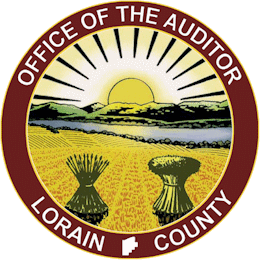Mahoning County Auditor
Mahoning County Auditor is applied as a descriptor, and sometimes as a title, for the fiscal officer in county government with oversight responsibility of all financial books and records of all county offices,County auditor is common in every state of the world such as USA or Canada ,Russia,and United kingdom the county auditor is the responsible of the all of the county work in his country such as the county funds account management and records etc.

What is their Role of Mahoning County Auditor
A county auditor is a responsible person for managing county finances or overseeing,election,budget calculations the tax calculation etc.

For which purpose we use Mahoning County Auditors.
A County Auditor’s primary purpose is to ensure the proper management of county finances, maintaining financial records, preparing budgets, and overseeing elections. They are responsible for auditing county departments, verifying that spending aligns with the budget, and ensuring accurate reporting of financial transactions.

How much salary county auditor make
Their salary varies according to the state or country in which they are located such as in Ohio a county auditor roughly makes $94,000 or $2000,00.
Why would I get a letter from the county auditor
A letter from the county auditor could be for several reasons, including routine audits, property tax information, or budget-related inquiries. The auditor’s office may also send letters to individuals or businesses to request information or clarification regarding their financial records or compliance with county regulations.
For also various reason like
- Routine Audit
- Property tax information
- Budget related matters
- Request for an information
- Confirmations letters etc
Whatsdoes the assessor do the county
The Assessor’s main function is to appraise and place a value and classification upon all property within the county. Equalization of value is the most important aspect of the assessment function.

Why would an assessor come to my house
An assessor might visit your house to assess and record its value for tax purposes, which could include measuring the property, assessing its condition, and checking for any improvements or changes made to it. They may also inspect your property if you’ve recently made improvements or renovations, or if the state requires cyclical inspections of all properties.






